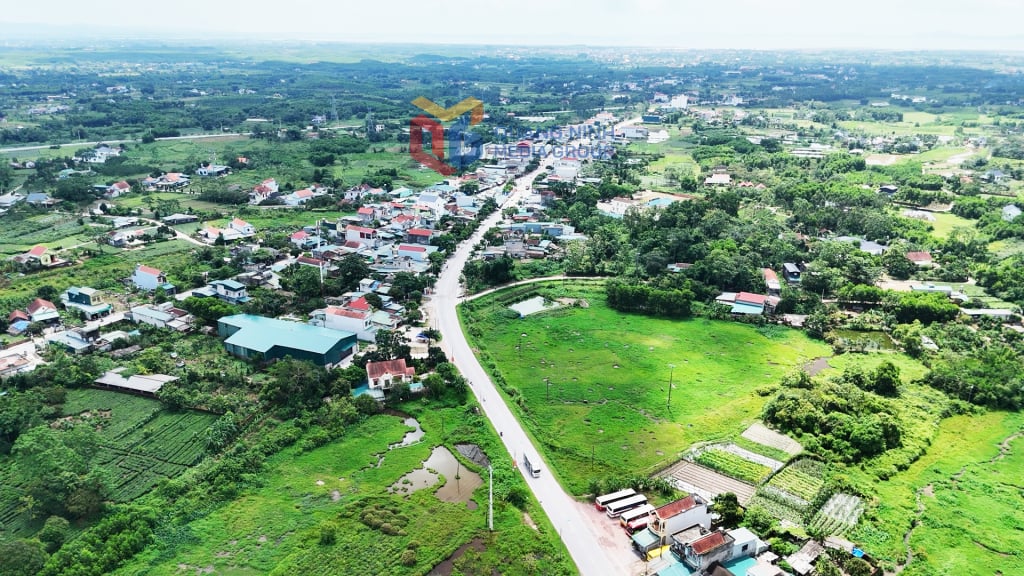
Make a breakthrough
Right from the beginning of the 2020-2025 term, the Provincial Party Committee has issued many resolutions and thematic action programs, considering the construction of new rural areas as a key political task, a strategic solution to improve the quality of people's lives and promote sustainable development. The Provincial Party Committee, People's Council, and Provincial People's Committee have focused on closely directing and assigning responsibilities to each department, branch, and locality, while allocating adequate budget resources to support the grassroots. The grassroots political system has been consolidated, leadership and management capacity has been enhanced, creating social consensus, and arousing the spirit of people's ownership in the implementation process.
According to records in Dam Ha commune, in the 2020-2025 term, the commune has promoted its existing potential and advantages, focusing on synchronously implementing many key solutions to build new rural areas, from restructuring the agricultural sector, attracting investment in developing industry - services, to improving the quality of material and spiritual life of the people... Thanks to that, it has received high consensus from the people in implementing the tasks of building new rural areas.
The road in Tan Ha village, Dam Ha commune, was previously seriously degraded, causing difficulties for people to travel. With the attention of the government and the joint efforts of the people, in June 2024, a new road was invested in, with a length of more than 1.6km. Mr. Nguyen Van Hieu, Party Cell Secretary, Head of Tan Ha village, Dam Ha commune, shared: In order to quickly complete the road, the people in the village voluntarily donated nearly 1,500m2 of land to clear the ground, creating favorable conditions for construction. Currently, the road has been completed and put into use, creating great convenience for people in the village to travel and trade. This is a vivid demonstration of the spirit of solidarity and high consensus of the people in the movement to build new rural areas, contributing to gradually changing the face of the homeland and improving the quality of people's lives.
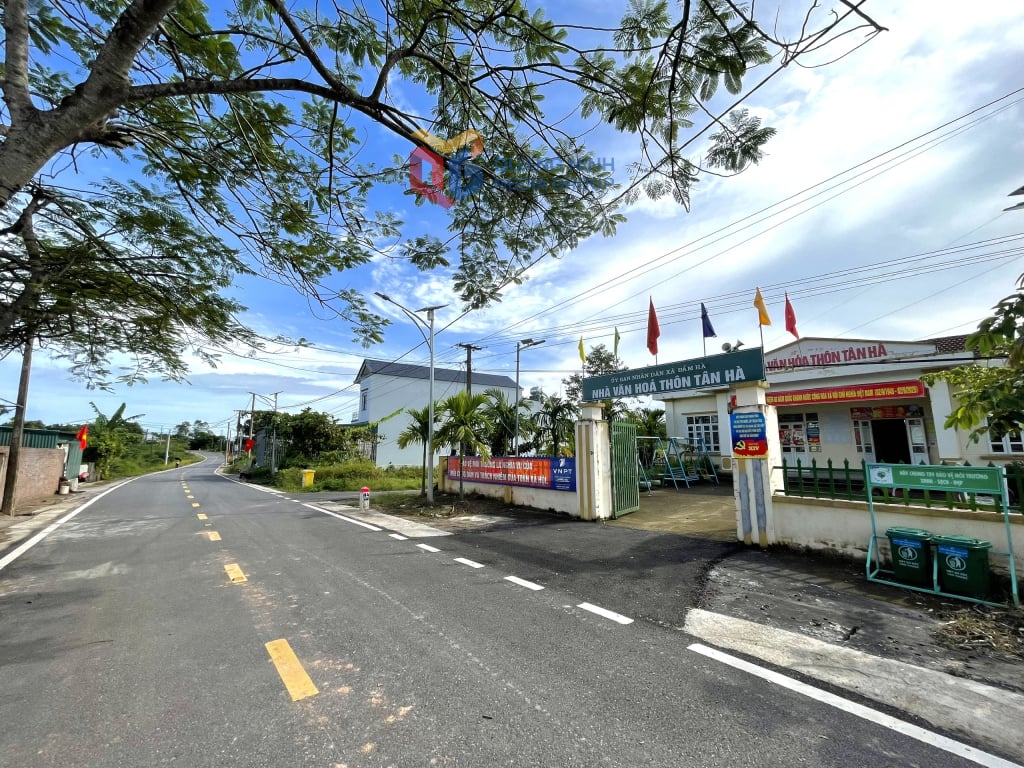
With the active participation of the government and the high consensus of the people in building the new rural areas, during the term, the growth rate of production value in Dam Ha commune remained high, estimated at over 18%/year, exceeding the target set by the Congress Resolution (2-3.5%); the total production value of all three economic sectors by 2025 is estimated at over 8,900 billion VND, of which agriculture, forestry and fishery reached over 3,400 billion VND; industry, small-scale industry and construction reached over 2,600 billion VND; total retail sales of goods and service revenue reached over 2,900 billion VND.
Along with that, the economic structure has also clearly shifted. The agricultural, forestry and fishery sector accounts for 38%; industry - handicrafts and construction account for 29%; services account for 33%. The labor structure has shifted positively, the proportion of agricultural - forestry - fishery workers accounts for 48%; industry - construction accounts for 27%; trade - services accounts for 25%. Currently, 100% of main roads are paved, inter-village routes and alleys are concreted, irrigation and clean water systems are upgraded, creating a spacious and modern appearance. The education system is well invested with 15/15 public schools meeting national standards, of which 7 schools meet level 2 standards; the rate of mobilizing children to attend class, the graduation rate of junior high school and high school are all over 99%. Cultural and spiritual life is rich, with many cultural houses, sports fields, and swimming pools newly built and upgraded. Traditional festivals, ethnic cultural and sports weeks, and night food streets are held annually, attracting a large number of tourists, contributing to preserving and promoting cultural identity.
In particular, up to now, the commune still has 21 near-poor households according to the province's criteria. The rate of workers with regular jobs is over 90%, trained workers are 88%. The average income per capita by 2025 will reach 109.6 million VND/year. Ms. Hoang My Linh, Vice Chairman of the People's Committee of Dam Ha commune, said: In the spirit of inheriting and promoting the results of building new rural areas of Dam Ha district (old) as the first district to meet new rural standards in the country, Dam Ha commune is actively implementing activities to continue to complete and improve the quality of criteria and targets in the implementation of building advanced new rural areas and model new rural areas. This is an important task that the commune has prioritized to continue to improve the material and spiritual life of the people. The goal by 2030, Dam Ha commune strives to achieve an average income per capita of about 138.1 million VND/person/year, contributing positively to the overall development of the province.
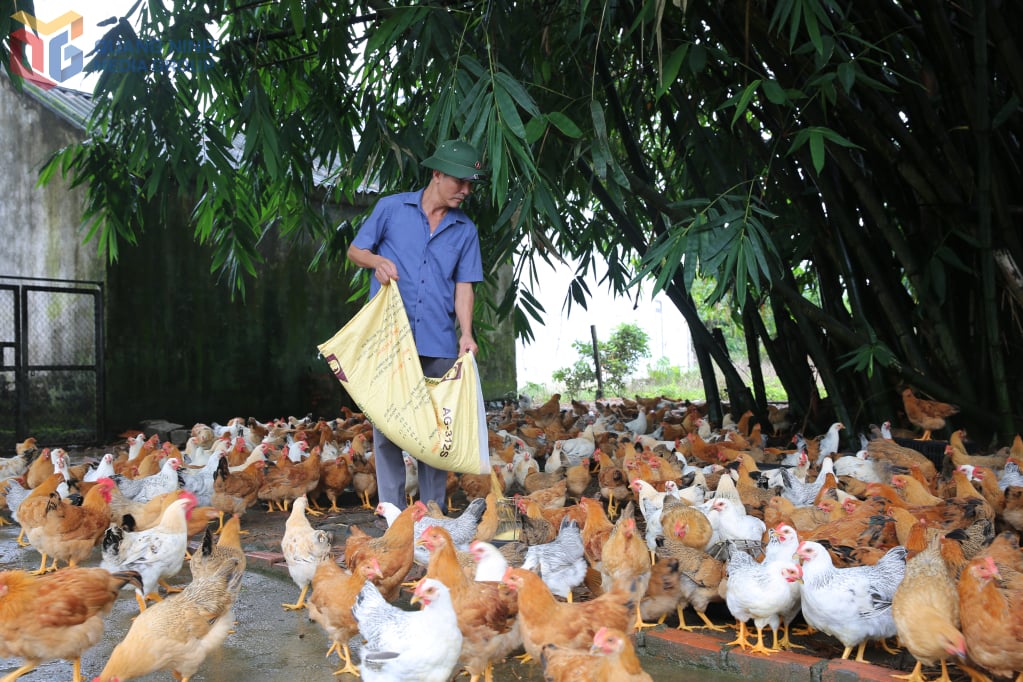
In Dong Ngu commune, the implementation of the tasks of building new rural areas has also been carried out drastically and achieved many remarkable results. In the period of 2021-2025, Dong Ngu commune achieved an average production value growth rate of 19.6%/year, exceeding the Resolution target by 2.6%. The economic scale in 2025 is estimated at over 1,200 billion VND, the economic structure has shifted in the right direction, and trade and services have increased sharply. Total food output in 2025 reached 10,740 tons; Tien Yen chicken flock 277,700; aquatic product output 23,840 tons, an increase of 29.2%. The area of large timber plantation reached 100 hectares, forest cover 51.5%. The commune currently has 3 OCOP products; 16 cooperatives operating effectively with a total registered capital of 30.4 billion VND.
Along with that, the value of commercial and service production also increased by 29.4%/year, industry and construction increased by 23.5%/year. In the period of 2021-2025, the commune implemented 56 infrastructure projects with a total capital of over 575 billion VND, completing many key projects, such as: San Chi Ethnic Culture and Sports Center, Dai Duc - Dai Thanh road, clean water system, inter-village roads...
The rate of trained laborers in the commune is over 93%, creating jobs for more than 750 workers each year; the rate of health insurance participation is 98.5%; 100% of schools meet national standards and 90% of households use clean water that meets standards, 100% of waste is collected, the rural environment is green - clean - beautiful. Currently, the commune has no poor or near-poor households; the average income per capita is 105 million VND/person/year.
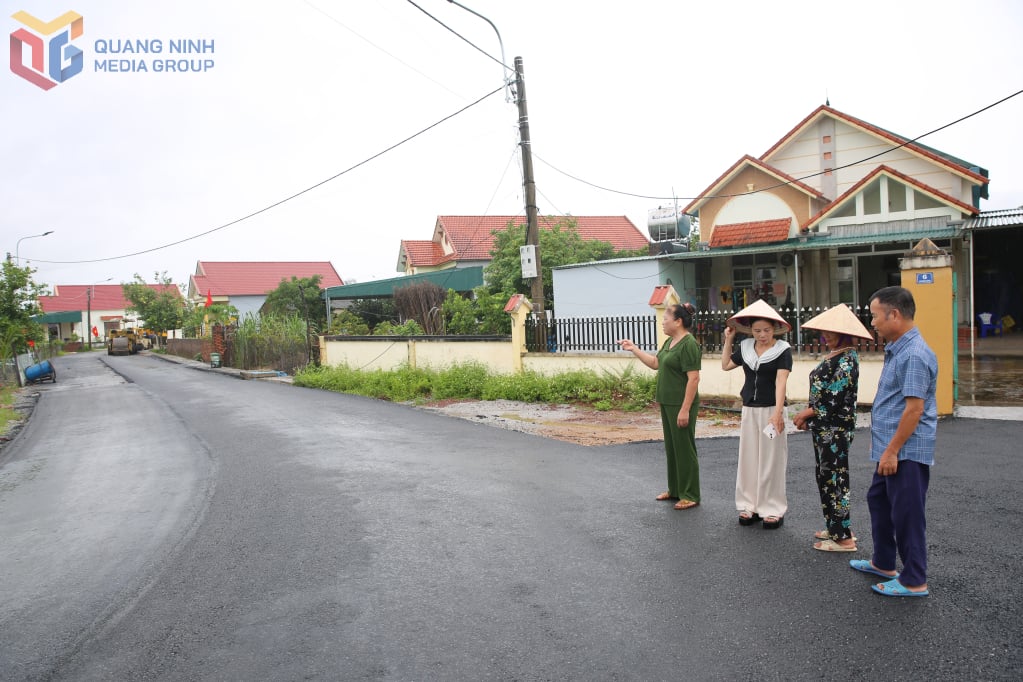
In particular, Dong Ngu commune has now met 2/4 of the criteria for becoming a ward. Mr. Nguyen Viet Thuy, Vice Chairman of Dong Ngu Commune People's Committee, said: The commune continues to focus on mobilizing all resources, continuing to invest in technical infrastructure, beautifying rural landscapes, improving missing criteria, especially criteria on economic structure and urban infrastructure. At the same time, promoting the development of trade - services, creating jobs, increasing income for people; focusing on applying digital transformation in management, production - business, aiming to strive to complete the standards to turn Dong Ngu commune into a ward according to the roadmap.
Before the merger, with the pioneering two-level government model, Quang Ninh had completed the National Target Program on New Rural Development for the 2021-2025 period at all three levels of province, district and commune. The whole province has 5/7 districts meeting advanced New Rural Development standards and 3 districts meeting model New Rural Development standards nationwide, including: Binh Lieu is a mountainous and border area; Co To is an island district; Dong Trieu is the first town in the country.
Towards building modern new rural areas
Since 2010, when the Government issued the National Target Program on New Rural Development in Quang Ninh province, it identified this as a key political task, both urgent and long-term. The province promptly issued specific resolutions and action plans, clearly defining goals, roadmaps and assigning responsibilities to each level and sector. In particular, the highlight is to focus on maximizing the initiative of the grassroots. Party committees and authorities of districts and towns develop projects, select priority projects and items that are close to local realities, and at the same time mobilize maximum participation of the people for implementation. Promoting the role of "State and people working together", mobilizing hundreds of billions of VND from socialized sources to invest in transport infrastructure, electricity, schools, stations, etc., contributing to completing the criteria and targets in new rural development.
As of June 30, 2025 (before implementing the 2-level local government model), Quang Ninh province has 91 communes meeting the NTM standards (meeting 19 criteria, 57 targets), of which 54/91 communes meet the advanced NTM standards, exceeding 9.3% of the target according to the Resolution of the 15th Provincial Party Congress; 25/91 communes meet the model NTM standards, exceeding 2.5% of the target according to the Resolution of the 15th Provincial Party Congress.
In addition, the province has 83 more standard villages, bringing the total number of villages meeting NTM standards to 543/649 villages (84%); the average income per capita in rural areas reached 84.14 million VND/person/year, more than double that when the program was first implemented; the rate of trained workers reached 87%; the rate of rural households using hygienic water reached 99.99%; the rate of households using clean water meeting QCVN 01-1:2018/BYT reached 58.32%. By the end of 2023, the province will have no more poor households according to the multidimensional poverty standards prescribed by the Government in Decree No. 07/2021/ND-CP (dated January 27, 2021), reaching the target 3 years ahead of schedule of the National Target Program on Sustainable Poverty Reduction for the period 2021-2025.
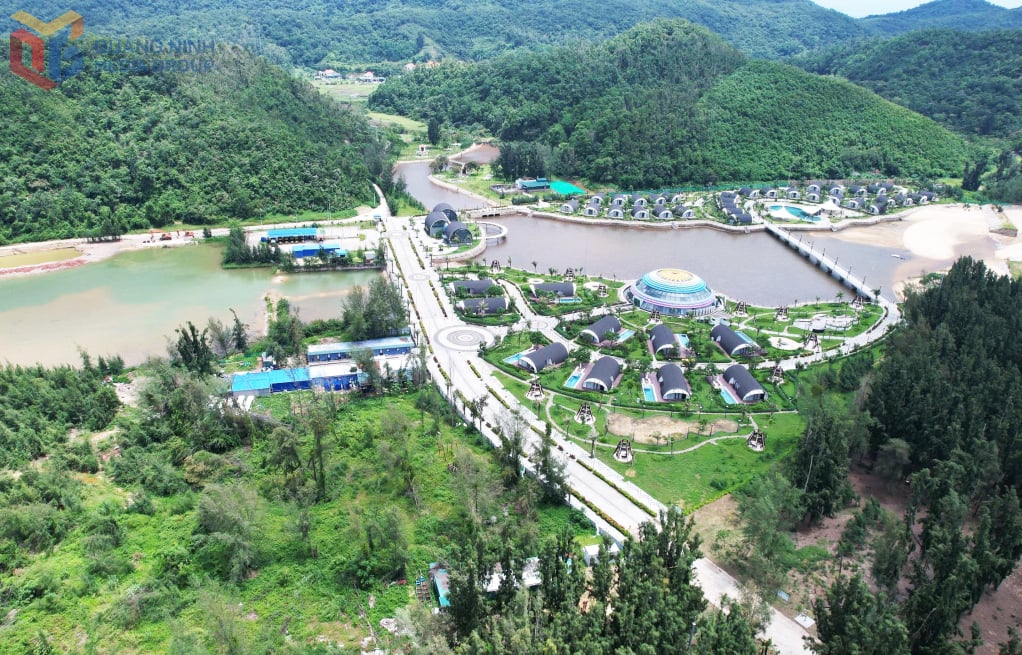
In the 2026-2030 period, Quang Ninh aims to build a modern, comprehensive, sustainable new rural area that is adaptable to climate change; promote rural economic development by promoting the application of science, technology, innovation and digital transformation; improve income, quality of life and access to essential services for rural people, gradually approaching urban living standards. At the same time, build a green, clean, beautiful, safe countryside with strong cultural identity; reduce poverty quickly and sustainably, ensure social security; maintain national defense, security, social order and safety; form a civilized, humane, cohesive and happy rural community.
Mr. Nguyen Minh Son, Director of the Department of Agriculture and Environment, said: In order to effectively implement the set goals in the new term, the Department has promoted the review, revision, completion and issuance of documents guiding the implementation of the New Rural Program in a synchronous, unified direction, consistent with the two-level administrative organization model. In particular, shifting the focus from quantitative development to quality improvement; maintaining and improving the quality of the following criteria to meet the New Rural Standards; synchronously implementing sustainable poverty reduction solutions in a multidimensional approach, focusing on livelihood development, enhancing people's self-reliance and self-improvement capacity, preventing re-poverty; continuing to promote the role of people and businesses in the process of building the New Rural Program. At the same time, researching, reviewing, revising and supplementing appropriate credit mechanisms to support production development, the OCOP Program, small and medium-sized processing technology, clean water supply and environmental sanitation. By 2030, Quang Ninh strives to achieve modern civilized rural standards according to specific goals assigned by the Central Government.
Source: https://baoquangninh.vn/huong-toi-xay-dung-ntm-hien-dai-3375568.html



![[Photo] General Secretary To Lam chairs a working session with the Standing Committee of the Government Party Committee](https://vphoto.vietnam.vn/thumb/1200x675/vietnam/resource/IMAGE/2025/9/17/cf3d855fdc974fa9a45e80d380b0eb7c)
![[Photo] Science and Technology Trade Union honors exemplary workers and excellent union officials](https://vphoto.vietnam.vn/thumb/1200x675/vietnam/resource/IMAGE/2025/9/17/842ff35bce69449290ec23b75727934e)









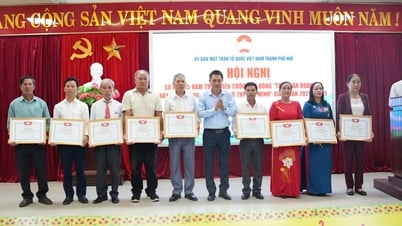

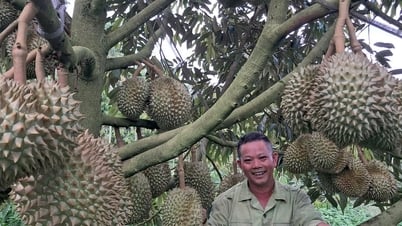
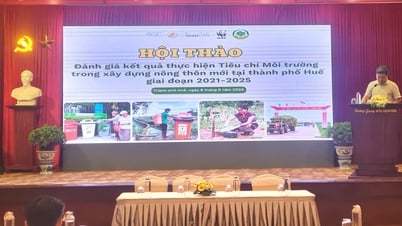




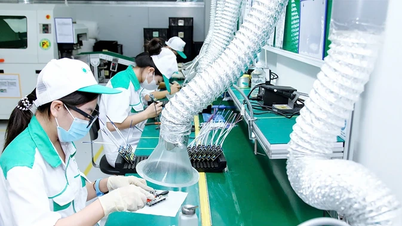












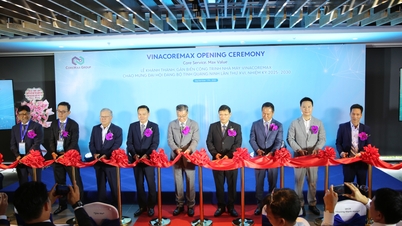








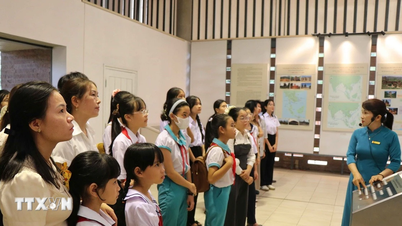

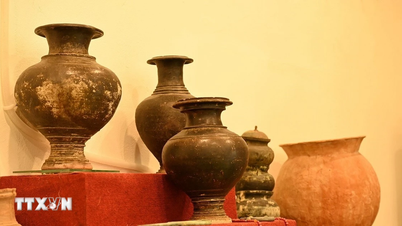





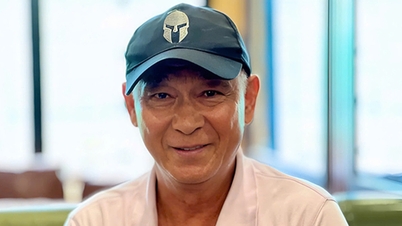

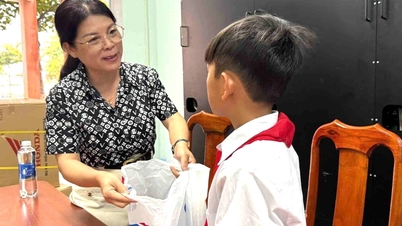
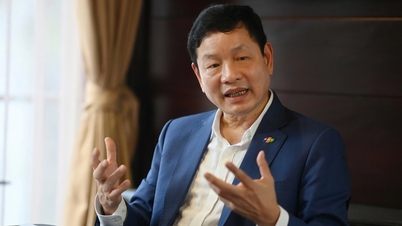

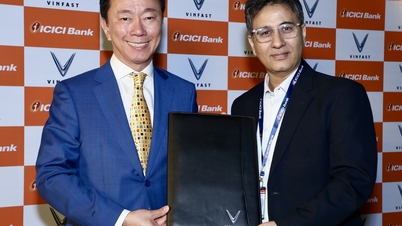






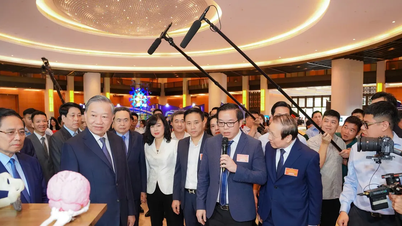


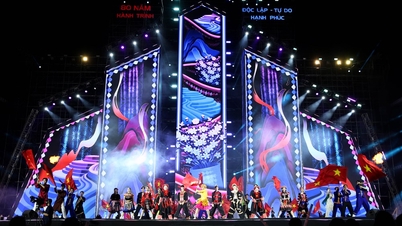








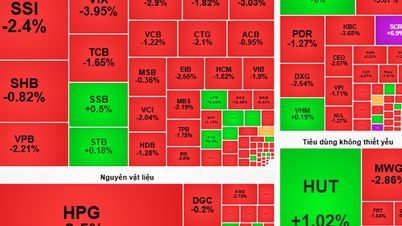

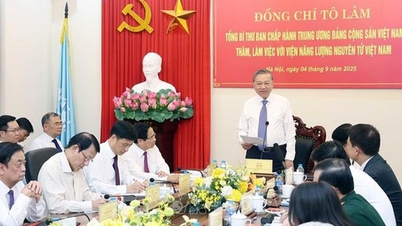















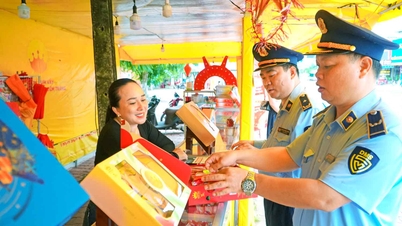


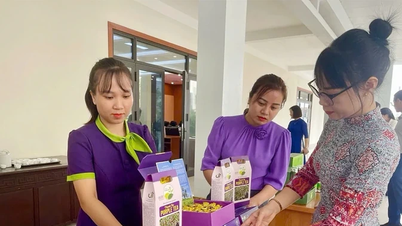











Comment (0)